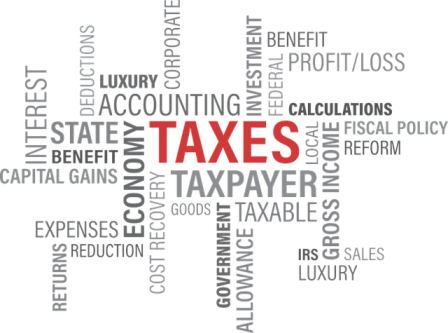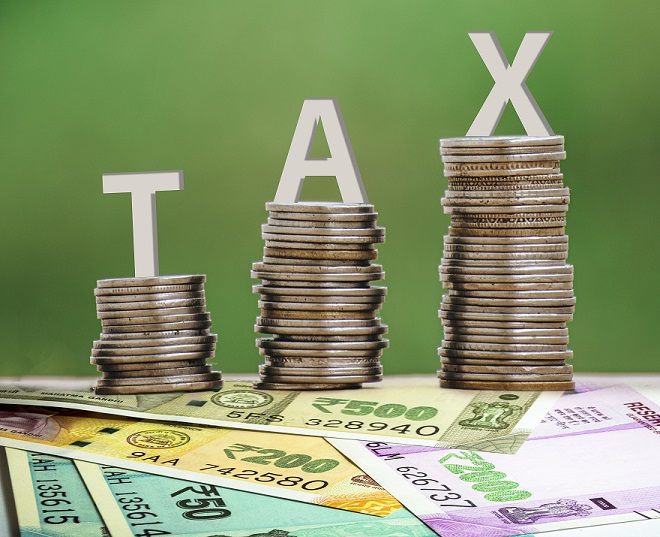 The market has been riding high on speculation that the government is considering some major sops for the stock market. Talks are going around that the government is planning to align various taxes on equity such as the Long-Term Capital Gains (LTCG), Dividend Distribution Tax (DDT), and the Securities Transaction Tax (STT).
The market has been riding high on speculation that the government is considering some major sops for the stock market. Talks are going around that the government is planning to align various taxes on equity such as the Long-Term Capital Gains (LTCG), Dividend Distribution Tax (DDT), and the Securities Transaction Tax (STT).
Capital gains is the difference between the price received from selling an asset and the price paid for it. Based on the holding period, capital gains from assets are classified as short-term and long-term. Equity shares come under the category of short-term asset, if they are held for a period of less than 12 months. On the other hand, if they are held for more than 12 months they are categorised as a long-term asset. In India, the Short-Term Capital Gains (STCG) tax for equity share is at 15 percent of the gains. The LTCG were exempted from taxation until 2018. The 2018 budget brought back LTCG after 14 years. Presently, if the LTCG is more than 1 lakh from the sale of shares, 10 percent tax is levied.
Similarly, if the investor receives more than Rs 10 lakh as dividend, he/she is liable to pay 10 percent tax on the amount above Rs 10 lakhs. With the STT implemented in 2004, the investor is liable to pay tax on the total amount paid or received in a share transaction. In addition, there is GST, stamp duty charges, exchange trade charge etc. Thus, the taxation structure in the Indian stock market is a bit complicated.
In such a scenario, it is a welcome step that the government is considering the simplification of tax structure. Complex tax structure and higher tax rates can act as an impediment in the development of the capital market, which will have a negative effect on the economy. For example, in the US, during 1969-1977 when the capital tax rates were increased from 27 percent to 49 percent, there was a dip in the number of Initial Public Offerings (IPO). The number of IPOs declined from 780 in 1969 to 40 in 1977. On the other hand, a reverse trend was evident when the tax rate in the US were slashed. Thus, we can infer that the higher tax rates and complicated tax structure act as an impediment to the growth of businesses in the country.
A step towards simplification of the tax structure can improve the investment climate of the country, positively impacting the overall economy.
Posted: October 2019.










